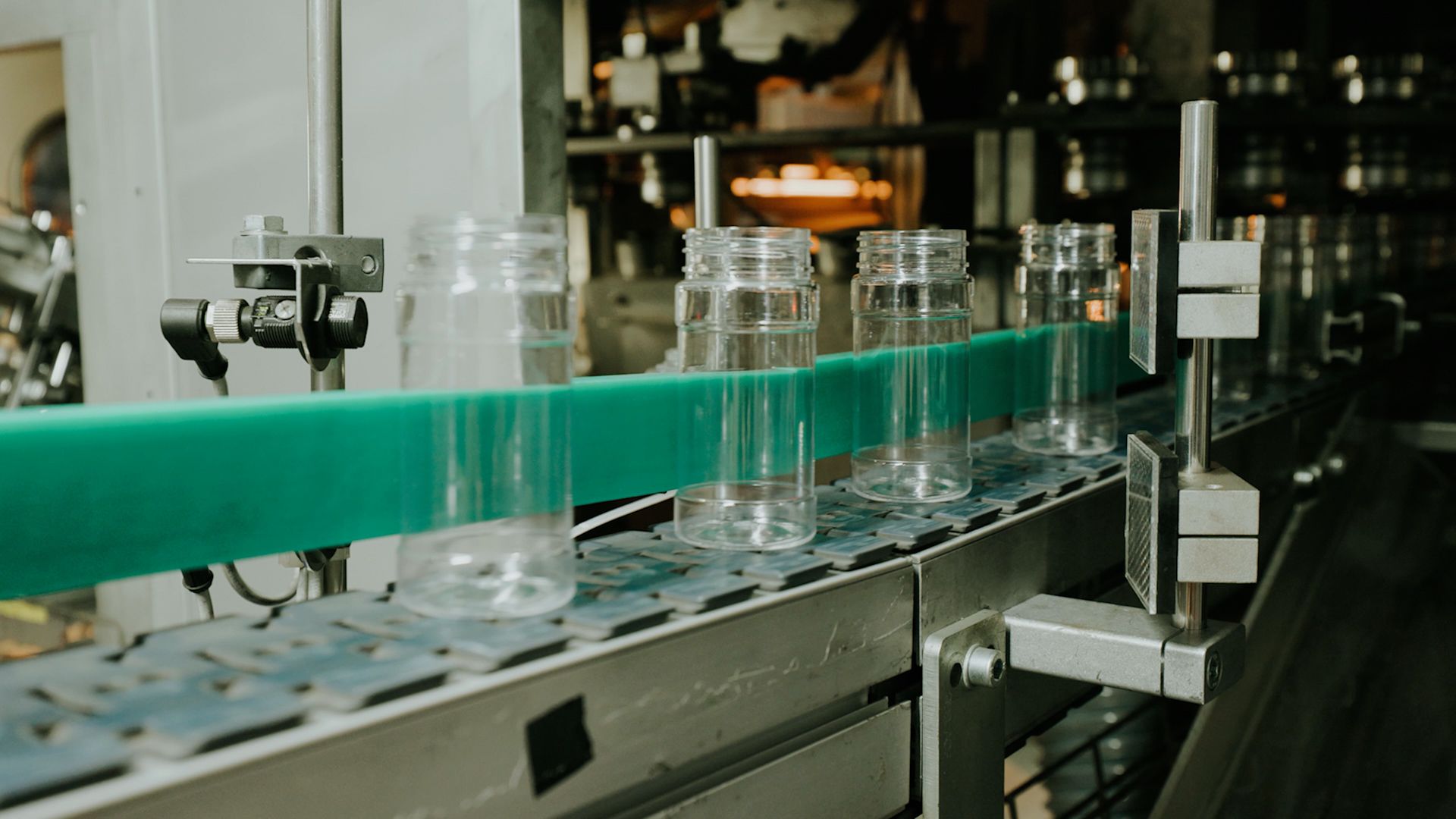Across the U.S., sustainability is no longer just a brand value-it’s a compliance requirement. With multiple states enacting recycled content mandates, companies are rethinking their packaging strategies to align with circular economy goals. Recycled PET (rPET) has emerged as the material of choice, helping brands meet environmental standards while maintaining the performance and clarity consumers expect.

Index
Toggle1. The Push Toward Circular Packaging
Legislation in California, Washington, and New Jersey has accelerated the shift toward recycled plastics. California’s AB 793, for example, requires plastic beverage containers to contain at least 15% post-consumer recycled content by 2022, increasing to 50% by 2030. Other states are following suit, establishing minimum rPET requirements for bottles and rigid packaging.
For manufacturers, these policies are reshaping how packaging is sourced, produced, and recycled. Forward-thinking brands are now embedding sustainability into their supply chains-well before regulations demand it.
2. What Is rPET?
rPET (recycled polyethylene terephthalate) is produced by collecting, cleaning, and re-processing used PET bottles and containers into new resin pellets. These pellets can then be molded into new bottles, jars, and containers without compromising quality or safety.
The advantages are clear:
- Up to 60% lower carbon emissions compared to virgin PET
- Approximately 5,700 kWh of energy saved per ton of rPET produced
- Less plastic waste entering landfills and oceans
The result is a material that performs like traditional PET while supporting compliance and environmental commitments.
3. How U.S. State Regulations Are Driving Change
State regulations are creating measurable, enforceable targets that compel packaging producers to take action.
Some of the most notable examples include:
| State | Mandate Summary | Target Year(s) |
| California (AB 793) | Beverage bottles must include 15% rPET (2022), 25% (2025), 50% (2030) | 2022–2030 |
| Washington (SB 5022) | Beverage containers must include 15% rPET (2023), rising 25% by 2026 and to 50% by 2031 | 2023–2031 |
| New Jersey (A4676/S2515) | 15% post-consumer resin for beverage bottles, expanding to food and personal care packaging | 2024–2030 |
These mandates are expected to inspire nationwide adoption, as large consumer brands align packaging across all markets to streamline compliance.

4. Why rPET Is the Smart Solution
Unlike alternative bioplastics or compostable materials, rPET offers regulatory compliance and operational efficiency within existing manufacturing systems. It delivers:
- FDA and ISO compliance for food-grade packaging
- High clarity and gloss-ideal for showcasing premium products
- Compatibility with standard preform molds and blow-molding lines
- Lightweight durability that reduces shipping costs and carbon impact
For brands seeking both sustainability and reliability, rPET is the only material that bridges environmental responsibility with commercial practicality.
5. Manufacturing Bottles with Recycled PET
Leading U.S. manufacturers are scaling production with rPET to meet surging demand. At Plascene, Inc., U.S.-based operations in Oxnard, California, leverage advanced resin sourcing, smart production monitoring, and SAP-driven traceability to ensure consistency and compliance.
Key capabilities include:
- 15+ production lines with 6,000-ton annual capacity
- Integration of both virgin PET and high-quality rPET blends
- FDA-approved and SQF-certified manufacturing environments
- In-line quality control for clarity, strength, and chemical safety
These capabilities enable brands to meet state mandates without sacrificing aesthetics, safety, or supply reliability.
6. Addressing the Supply Chain Challenge
As demand for rPET surges, access to clean, high-grade recycled resin is critical. Strategic partnerships-like Plascene’s collaboration with Duy Tân Recycling in Vietnam-secure consistent material flow, ensuring stable supply for U.S. operations.
By diversifying sourcing and investing in closed-loop systems, manufacturers reduce dependence on volatile resin markets while supporting global recycling infrastructure.
7. Designing for Compliance and Brand Impact
rPET bottles are not only functional-they’re becoming part of a brand’s identity. Modern consumers associate transparency and eco-responsibility with trust. From cosmetics and personal care to food and beverage, rPET bottles allow companies to communicate their environmental values through design.
Plascene provides:
- Custom bottle shapes, finishes, and colors
- High-precision labeling areas for premium branding
- rPET content verification and documentation for compliance audits
This blend of regulatory readiness and aesthetic flexibility helps brands differentiate while staying ahead of environmental standards.
8. The Business Case for Sustainable Bottles
Beyond compliance, the switch to rPET creates measurable business benefits:
- Regulatory protection: Stay ahead of state mandates and avoid penalties.
- Market differentiation: Appeal to eco-conscious consumers and retailers.
- Supply security: Local manufacturing reduces logistics costs and import risks.
- Corporate credibility: Demonstrate tangible ESG progress to investors and stakeholders.
In 2025 and beyond, sustainability is not just a marketing message-it’s a strategic imperative tied directly to brand equity and operational resilience.

9. The Future of Packaging Compliance in the U.S.
As state-level regulations continue to expand, federal policies are likely to follow. The EPA’s National Recycling Strategy and extended producer responsibility (EPR) programs are setting the stage for uniform national standards on recycled content.
Brands that invest now in rPET infrastructure and partnerships will be better positioned to adapt quickly as requirements evolve. With scalable solutions and transparent reporting, rPET packaging offers a pathway toward true circularity.

Final Thoughts
Recycled PET is redefining how American brands think about packaging-merging compliance, performance, and sustainability into one solution. For businesses navigating complex state regulations, partnering with a trusted rPET manufacturer ensures more than product supply-it ensures brand credibility and future-proof growth.
At Plascene, Inc., we’re proud to support this transition with U.S.-based rPET production, global recycling partnerships, and a commitment to circular innovation. Together, we can turn sustainability from a requirement into a competitive advantage.

Best 16 oz Plastic Bottles Wholesale: A Complete Guide for U.S. Brands & Distributors




